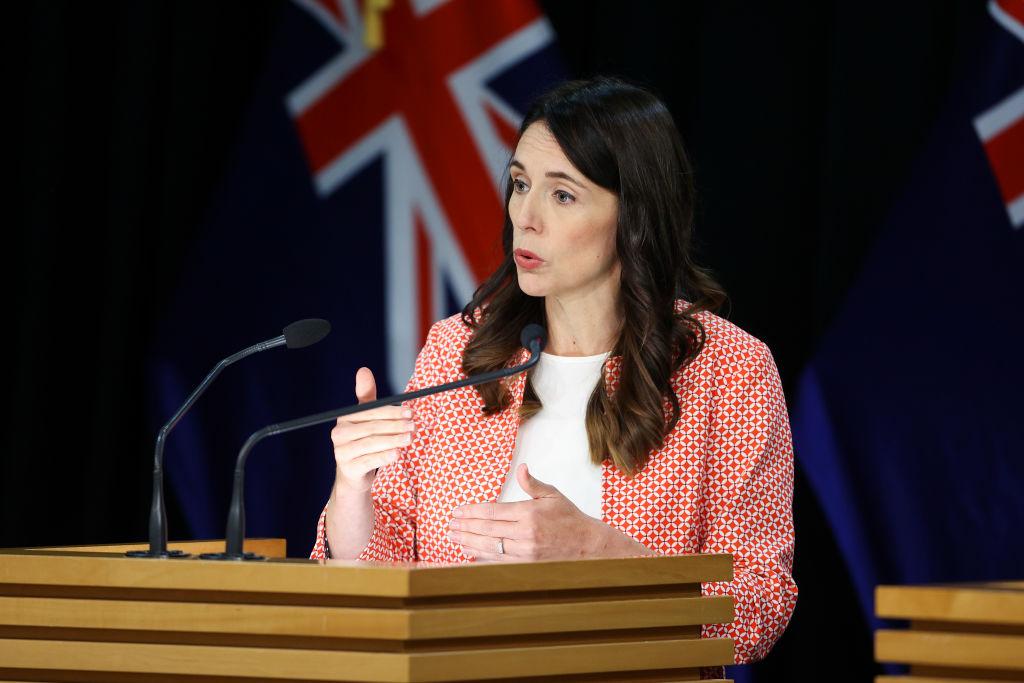New Zealand and China have signed a preliminary deal to upgrade the two countries existing Free Trade Agreement.
The deal, signed on Jan. 26, comes as Beijing seeks to establish itself globally as an advocate of multilateralism while trade disputes continue with Australia, New Zealand’s closest neighbour.





